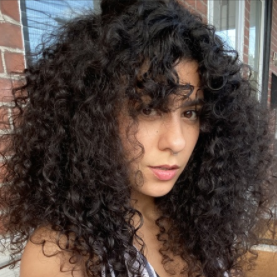Finally, SPF for All
There's now an ideal sunscreen for every skin tone, so—friendly reminder—you should be wearing one. Here, we play product match maker with help from top dermatologists.
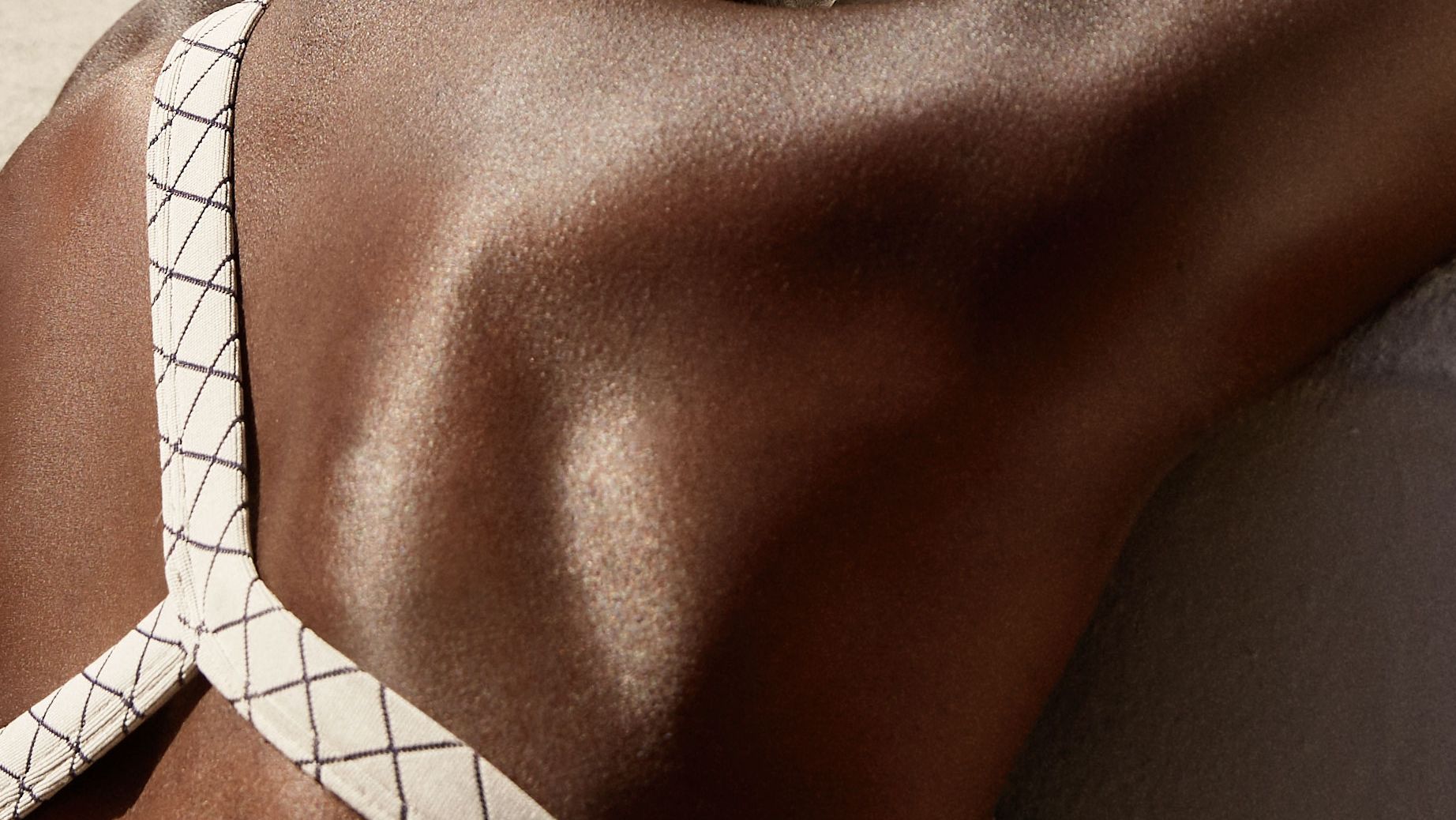
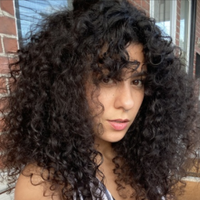
I didn’t wear sunblock until my mid-20s. It didn’t blend on my olive skin; I’m Trinidadian and Irish, tan year-round, and always deep mahogany by August. And because my skin rarely burned, my mom would let me roam Rockaway Beach in Queens, New York, every summer without subjecting me to the ghostlike cast of SPF. I was grateful then, but I’m not suggesting you do the same now. Our understanding of skin—of all shades—and the need to protect it from the sun has advanced dramatically. And accordingly, so has sunscreen technology. In fact, a look at the beauty industry today reveals that the present state of sunscreen is inclusive (at long last), multitasking, and ever-expanding. We’re seeing brands use nanotechnology to make once-pasty physical blocks easier to apply and blend. And new tinting breakthroughs alongside ingredients like iron oxide, says dermatologist Uchenna Okereke, can help color-correct inflammation, work well with melanin-rich skin, and protect against hyperpigmentation.
A Broad(er) Spectrum
Instead of picking a sunblock based on what you don’t want (say, bright white or greasy skin), you now have a choice of SPFs that offer the most benefits for your specific skin type. As a general rule, physical block is gentler on skin and is catching up to chemical block aesthetically. A breakdown of the two: Physical block uses minerals such as zinc oxide and titanium dioxide to deflect UV rays—both UVA and UVB—from the skin, explains Dallas dermatologist DiAnne Davis, whereas chemical block seeps into the skin and subsequently absorbs UV rays, then converts them to heat, which your body can release. Because the former sits on top of the skin, it’s unlikely to clog pores or cause irritation. It’s a great choice for those with rosacea or redness, as it also deflects heat. The downside is it requires more frequent reapplication. Our experts recommend every two hours when you’re outdoors or in the sun.
Even with recent advances to physical SPF, chemical sunblock tends to come in thinner, more elegant formulas, making it more pleasant to apply. It also encompasses a wider range of active ingredients, including avobenzone, oxybenzone, and octinoxate, explains dermatologist Adeline Kikam. (A new ingredient, Parsol Shield, otherwise known as bemotrizinol, or BEMT for short, is being reviewed by the FDA and has created excitement within the derm community for its ability to block both UVA and UVB rays, even at low concentrations.) Unfortunately, chemical sunscreen in general is more likely to be associated with irritation, says Kikam, who suggests that allergy-prone folks or people with photosensitive conditions such as lupus should stick to physical blocks. These ingredients may also clog pores, making them risky for those dealing with acne. That said, chemical screens are more resistant to sweat, adds Davis, and usually come blended with other ingredients such as peptides to offer additional skincare benefits.
Shop Your Perfect Sunscreen
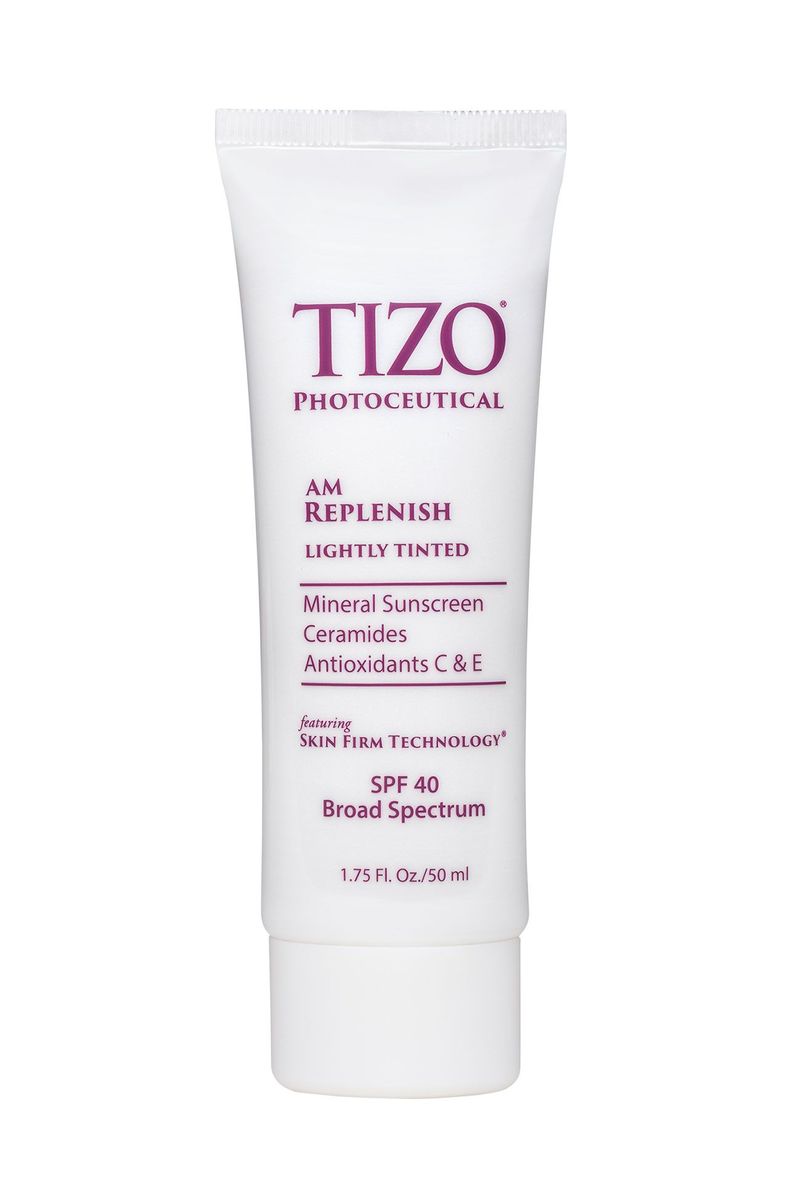
Tizo SPF contains vitamins E and C and ceramides. It’s a creamy and highly moisturizing sunscreen that does not leave a white cast on darker skin types.” —Dr. Adeline Kikam
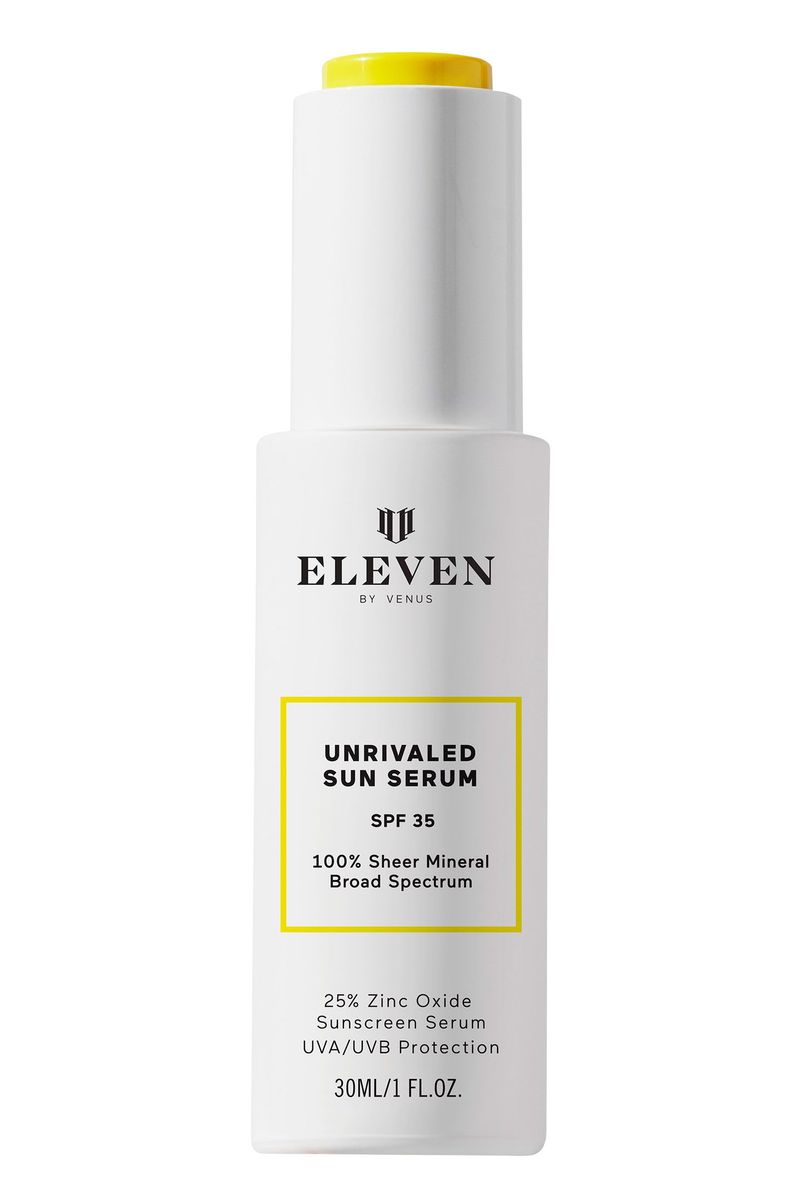
“The Eleven block is a lightweight mineral sunscreen that goes on with a light, whitish cast that fades away once rubbed in. It’s great for all skin types, and in terms of appearance it’s easily my top sunscreen now.” —A.K.
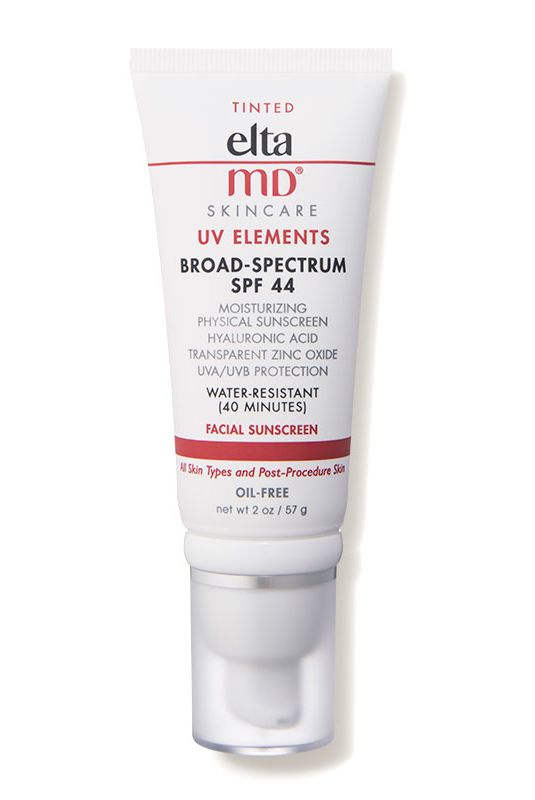
“Elta’s formula is great for sensitive skin. It doesn’t contain any dye, fragrance, or parabens. It’s also oil free and noncomedogenic, so it’s great for acne-prone skin as well.” —A.K.
Are All SPFs Created Equal?
Regardless of your choice of sun protection, the American Academy of Dermatology recommends SPF 30 or higher, says Davis, who prefers lotion and cream formulas over sprays. “Since you have to manually rub them in, it increases [the chances of] getting maximum coverage over the applied area.” Davis also personally enjoys using concentrated sunscreen serums and drops, which can be mixed with your moisturizer or foundation or applied to the skin directly. The caveat? Make sure there’s lots of rubbing in. Purvisha Patel, a dermatologist in Germantown, Tennessee, and founder of Visha Skincare, recommends applying sunscreen generously, “as if you’re icing a cake.” And she loves sunscreen sticks for areas that burn easily, since the formulas tend to be stickier and harder to move. One sun-care approach that experts warn against? Using makeup that includes SPF as your only form of protection. “Because we generally do not apply makeup thickly, makeup with SPF is not as effective,” says Patel.
Sunny Days Ahead
Having come so far on the SPF aesthetics front, what’s next is an uptick in sunscreens featuring antioxidants that work to neutralize and repair free-radical damage caused by environmental pollutants, according to Okereke. The future looks bright with smarter, finer formulations that offer even more skincare benefits for us all. Time to slather up.
This articles appears in the Summer 2021 issue of Marie Claire.
RELATED STORIES
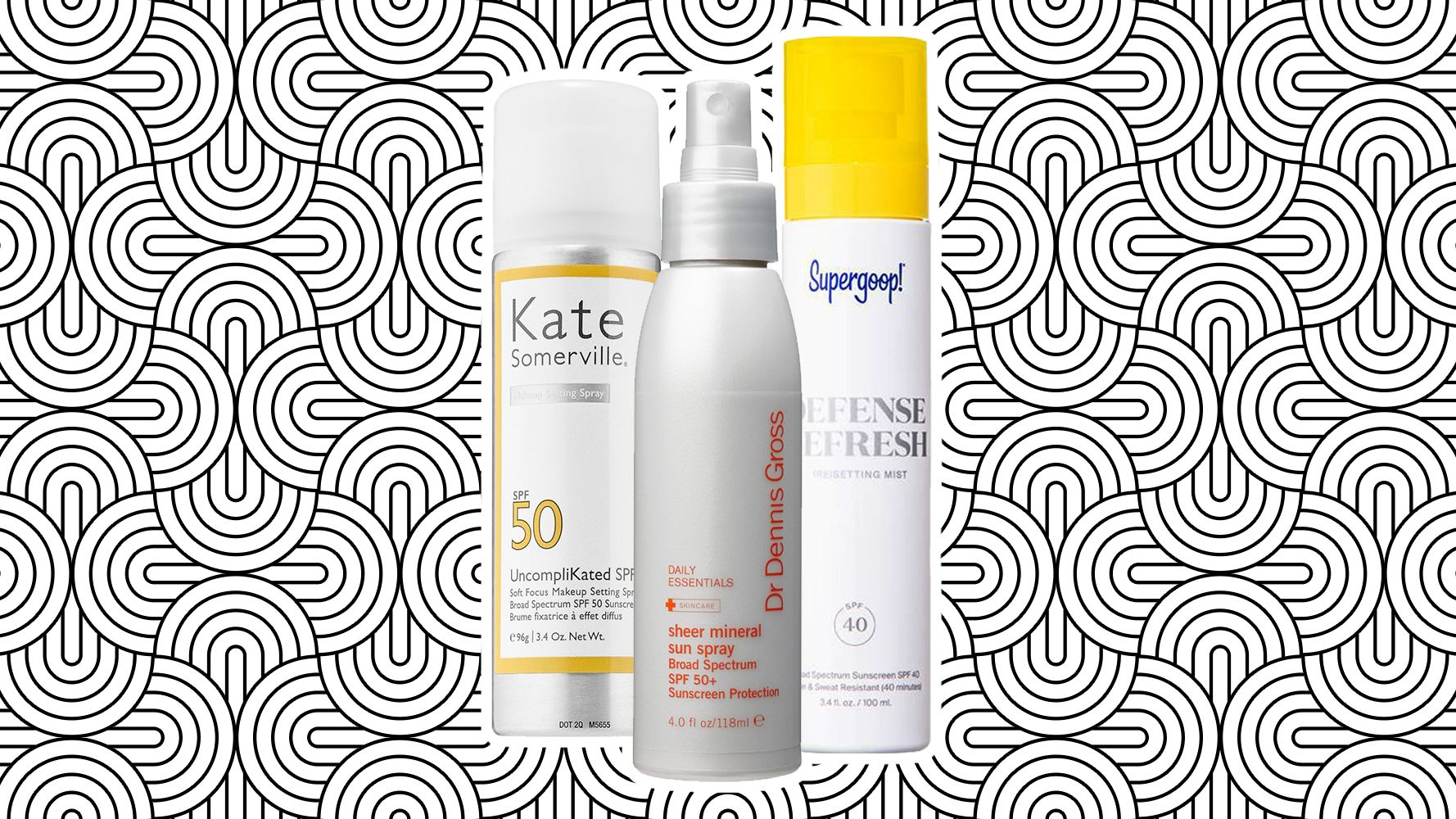

Get exclusive access to fashion and beauty trends, hot-off-the-press celebrity news, and more.
Amber is a beauty writer and editor currently living in Philly.
